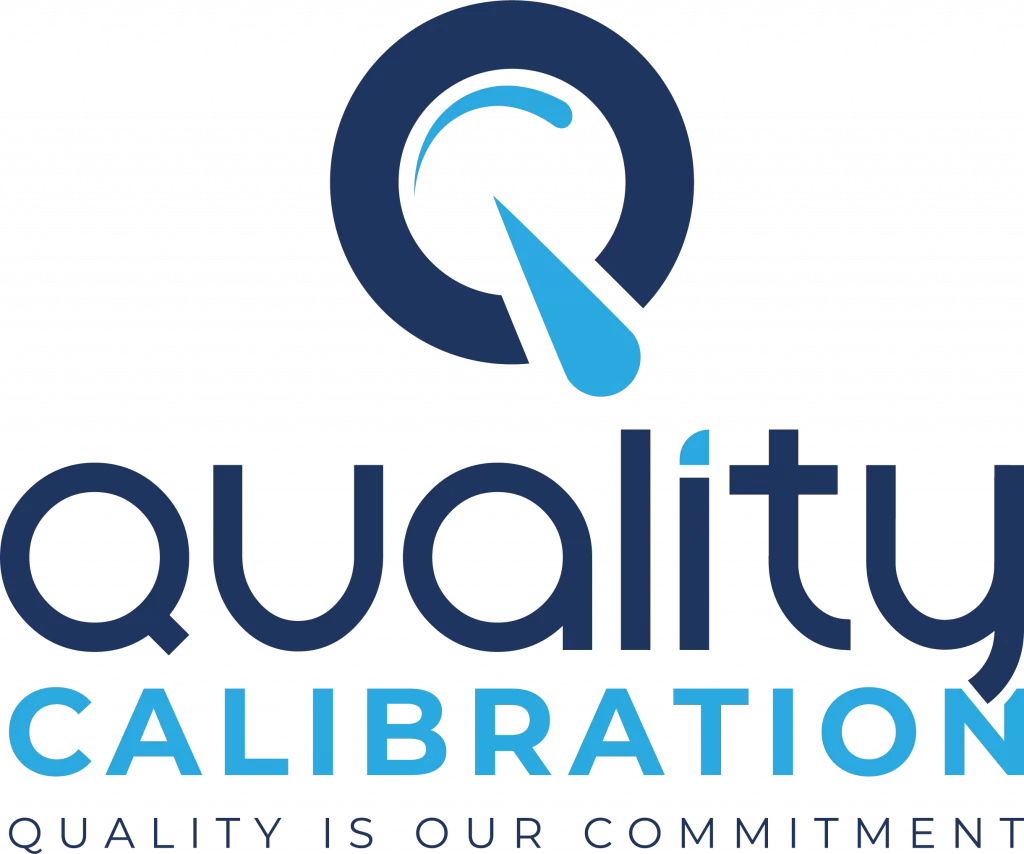Calibration in the scientific laboratory is often overlooked or underestimated, but it plays a crucial role in ensuring the accuracy and reliability of experimental results. In this article, we will delve into the significance of calibration, exploring why it is essential for maintaining the integrity of scientific research.
Understanding Calibration
Before we dive deeper into its importance, let’s clarify what calibration actually means in the context of laboratory equipment. Calibration is the process of adjusting or fine-tuning scientific instruments to ensure they produce accurate and consistent measurements. This involves comparing the instrument’s readings to a known standard and making necessary adjustments to minimize any deviations.
Ensuring Precision
Precision is a fundamental requirement in any scientific experiment. Accurate measurements are the foundation upon which scientific discoveries are built. Without calibration, even the most advanced laboratory equipment can produce inaccurate results. Imagine a scenario where a microscope is used to observe the structure of a cell. If the microscope is not properly calibrated, it could lead to incorrect observations, potentially jeopardizing the validity of the research.
Maintaining Consistency
Consistency is equally vital in scientific research. Calibration helps ensure that measurements remain consistent over time. Instruments can drift or wear out with regular use, leading to variations in results. Regular calibration checks can identify and rectify these issues, allowing researchers to rely on their equipment’s performance.
Quality Assurance
In the scientific community, maintaining rigorous standards is crucial. Calibration serves as a quality assurance mechanism, providing confidence in the data collected. When experiments are calibrated correctly, researchers can trust that their findings are not influenced by equipment-related errors.
Meeting Regulatory Requirements
Many scientific fields are subject to regulatory oversight, such as pharmaceuticals, environmental monitoring, and food safety. Regulatory bodies often require laboratories to adhere to strict calibration protocols. Compliance with these regulations is not just a matter of legality; it’s about upholding the integrity of scientific research and ensuring public safety.
Enhancing Reproducibility
One of the cornerstones of scientific research is the ability to reproduce experiments and confirm results independently. Calibration contributes to reproducibility by reducing the likelihood of errors introduced by equipment variations. This ensures that other researchers can replicate experiments accurately, strengthening the credibility of the findings.
Cost Savings in the Long Run
Some may argue that calibration is an added expense, but in reality, it can save laboratories money in the long run. By identifying and rectifying instrument issues early on, labs can avoid costly errors, retests, and potential damage to their reputation.
The Emotional Connection to Calibration
While calibration may seem like a dry, technical process, it carries emotional significance for scientists. Researchers invest countless hours, energy, and passion into their work. Calibration is a means of safeguarding their dedication, ensuring that their efforts are not in vain. It’s about preserving the emotional investment that goes into scientific discovery.
Conclusion
In the scientific calibration laboratory, calibration is not merely a checkbox on a list of procedures; it is the cornerstone of accuracy, reliability, and integrity. It ensures that the emotional commitment scientists invest in their research translates into meaningful results. Calibration safeguards the pursuit of knowledge, providing a solid foundation upon which scientific discoveries can be built.
So, the next time you encounter the question, “Why is calibration important in the scientific laboratory?” remember that it’s not just about numbers and measurements; it’s about the passion and dedication of those striving to unravel the mysteries of the universe.

Md. Hasan Ibrahim is a Technical Manager at Quality Calibration with extensive experience in the calibration sector since 2015. Holding a Bachelor of Science degree in Mechanical Engineering from Khulna University of Engineering & Technology (KUET), he has received training from various national and international organizations including CSIR-CMERI, QSI, BAB, NML-BSTI, memmert, and X-rite. With expertise in ISO/IEC 17025 assessment, method validation, metrological traceability, and uncertainty, he has successfully completed numerous calibration projects across diverse industries such as pharmaceuticals, food & beverage, oil & gas, textiles & garments, power plants, batteries, chemicals, hospitals & healthcare, and private universities.


